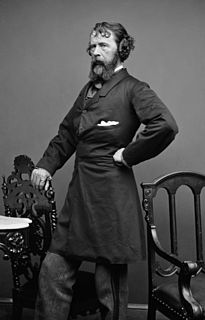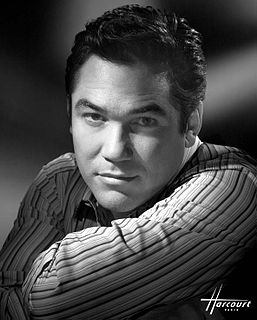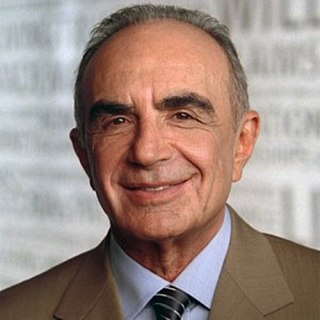A Quote by Nathaniel Parker Willis
The innocence that feels no risk and is taught no caution, is more vulnerable than guilt, and oftener assailed.
Related Quotes
It is more important that innocence be protected than it is that guilt be punished, for guilt and crimes are so frequent in this world that they cannot all be punished. But if innocence itself is brought to the bar and condemned, perhaps to die, then the citizen will say, "whether I do good or whether I do evil is immaterial, for innocence itself is no protection," and if such an idea as that were to take hold in the mind of the citizen that would be the end of security whatsoever.
The innocence of those who grind the faces of the poor, but refrain from pinching the bottoms of their neighbour's wives! The innocence of Ford, the innocence of Rockefeller! The nineteenth century was the Age of Innocence--that sort of innocence. With the result that we're now almost ready to say that a man is seldom more innocently employed than when making love.
There are no moments more painful for a parent than those in which you contemplate your child's perfect innocence of some imminent pain, misfortune, or sorrow. That innocence (like every kind of innocence children have) is rooted in their trust of you, one that you will shortly be obliged to betray; whether it is fair or not, whether you can help it or not, you are always the ultimate guarantor or destroyer of that innocence.


































